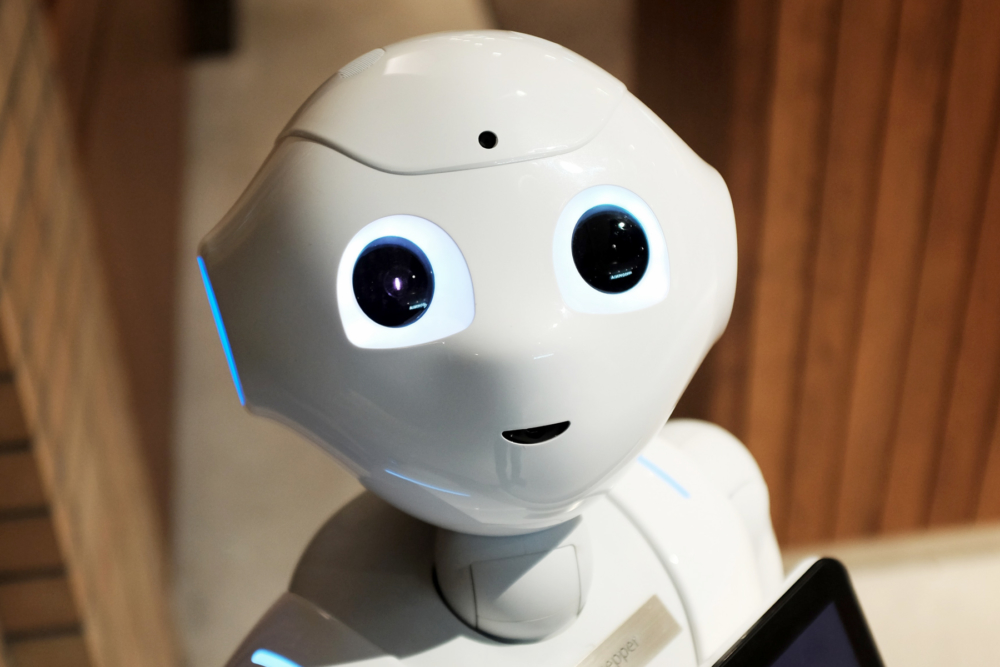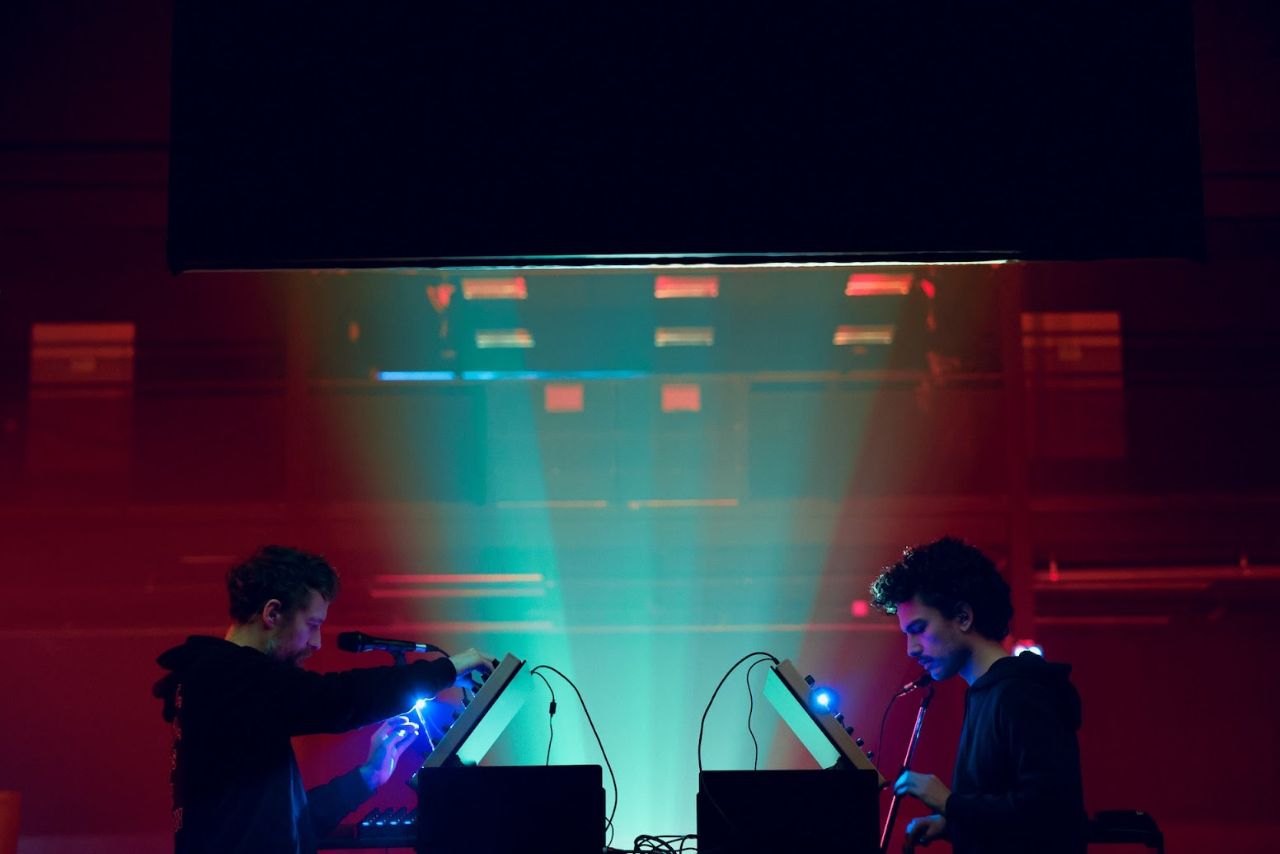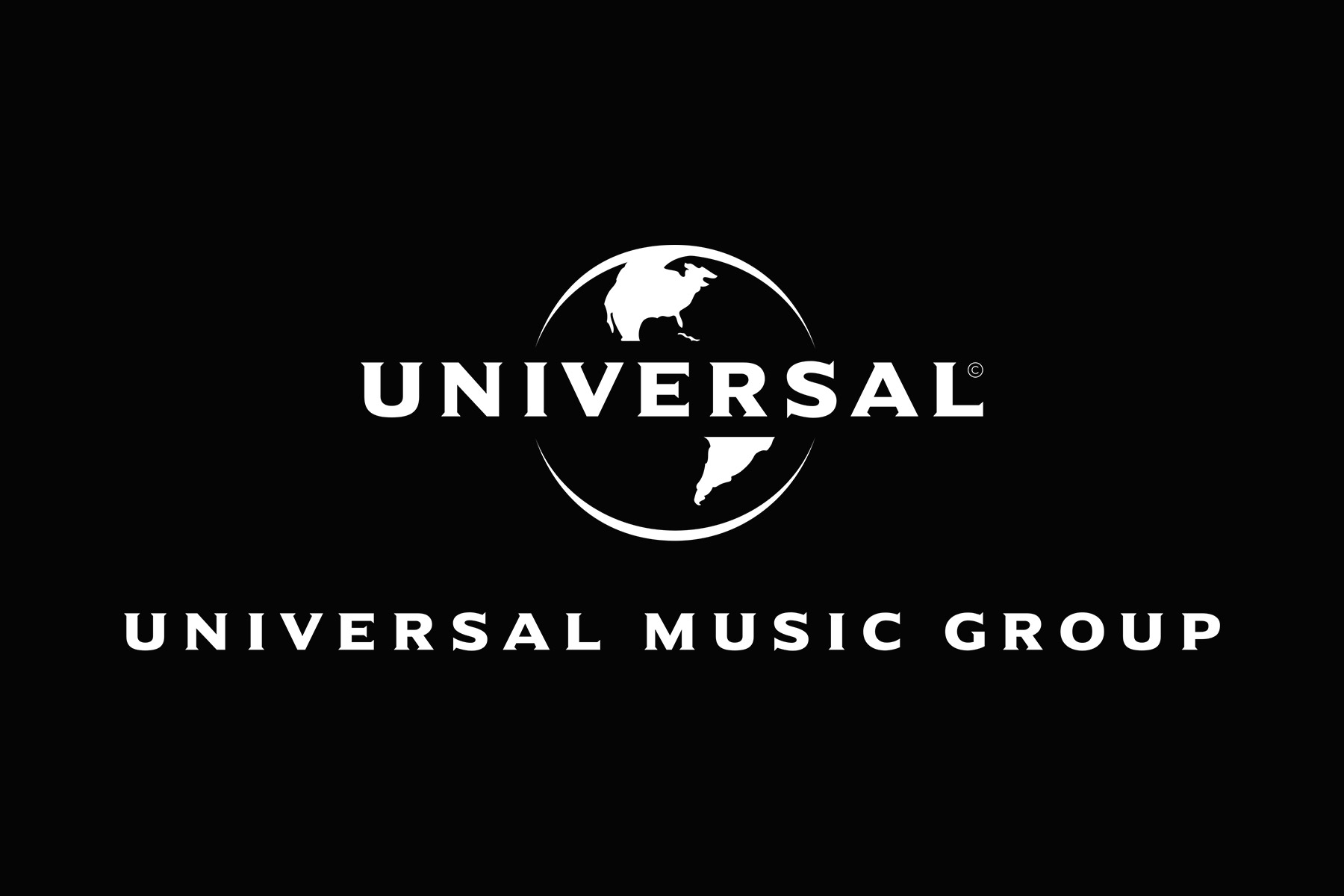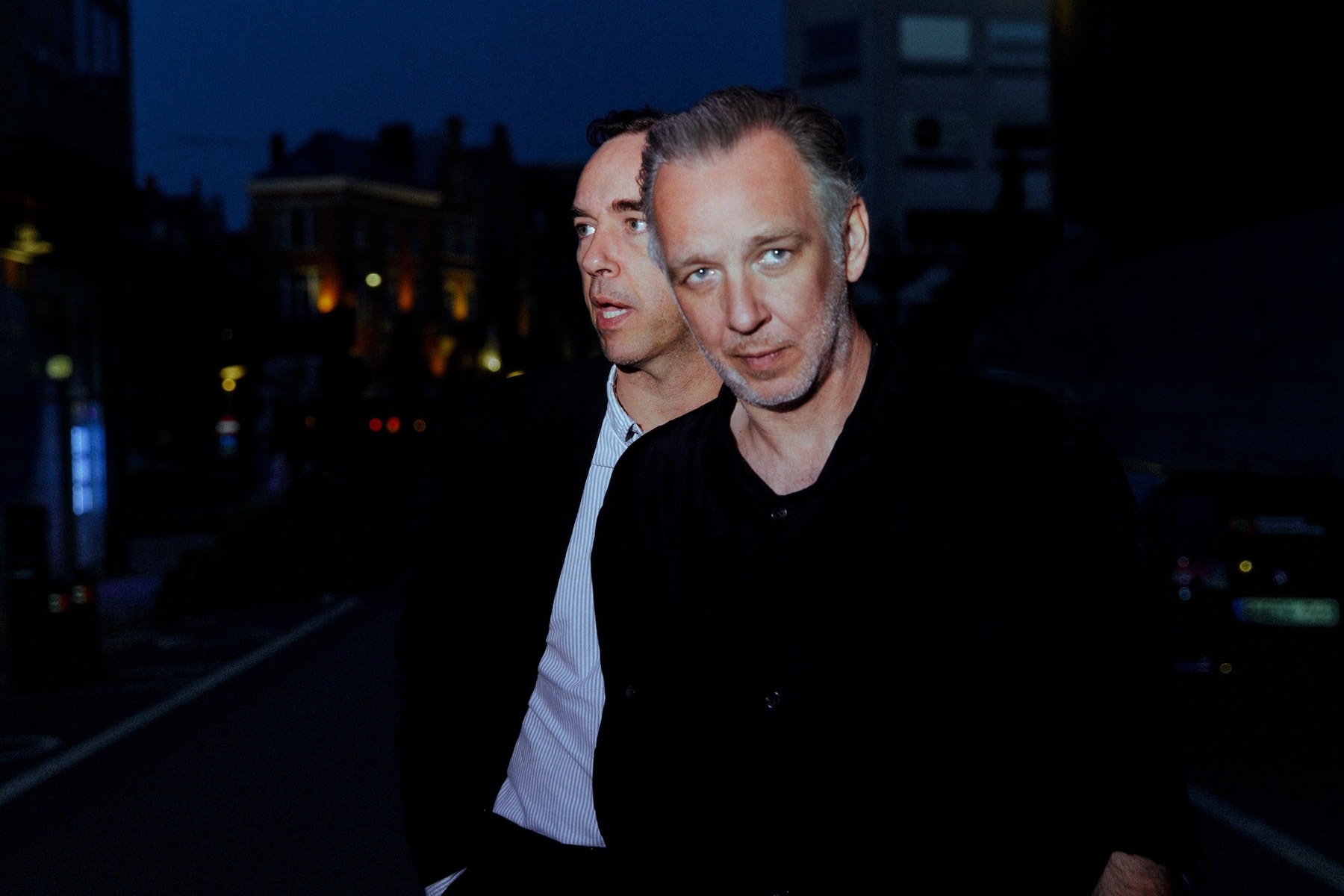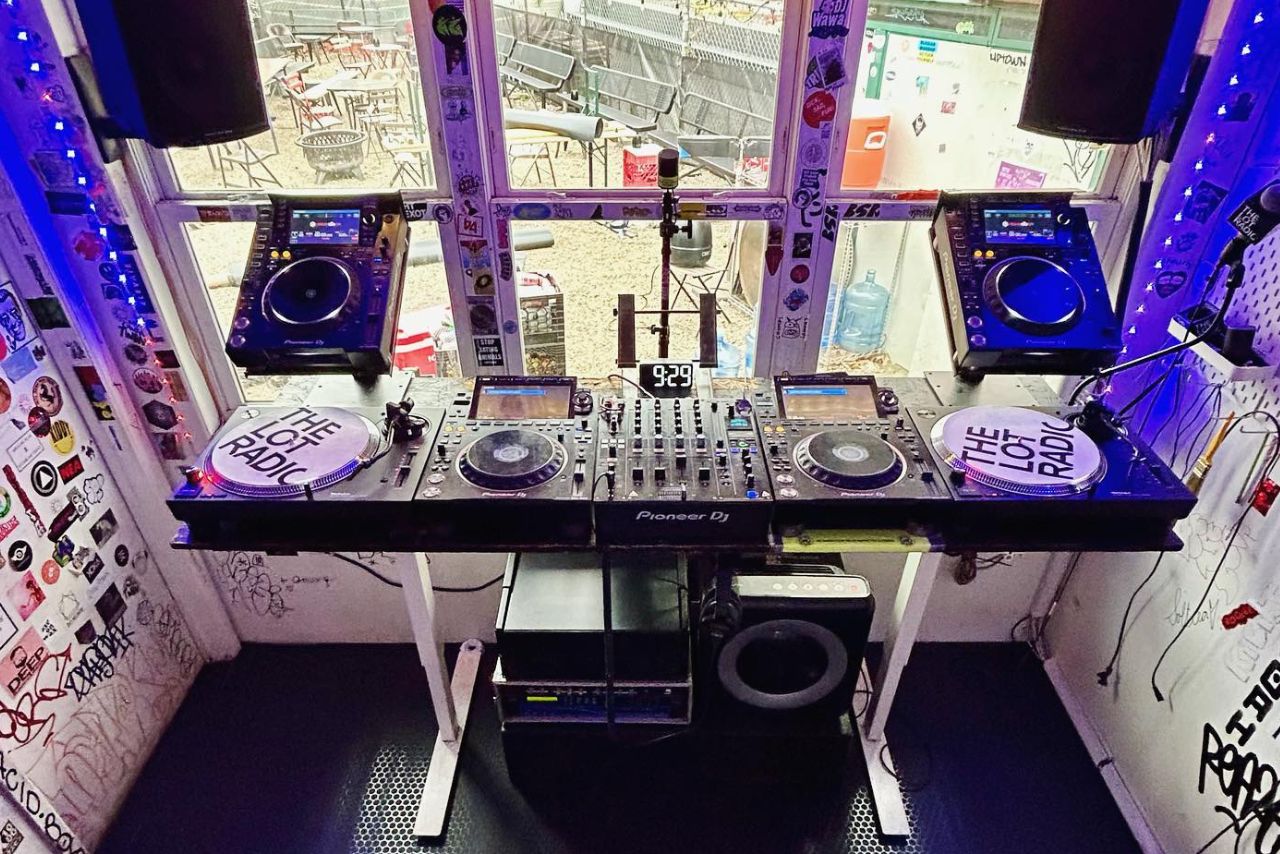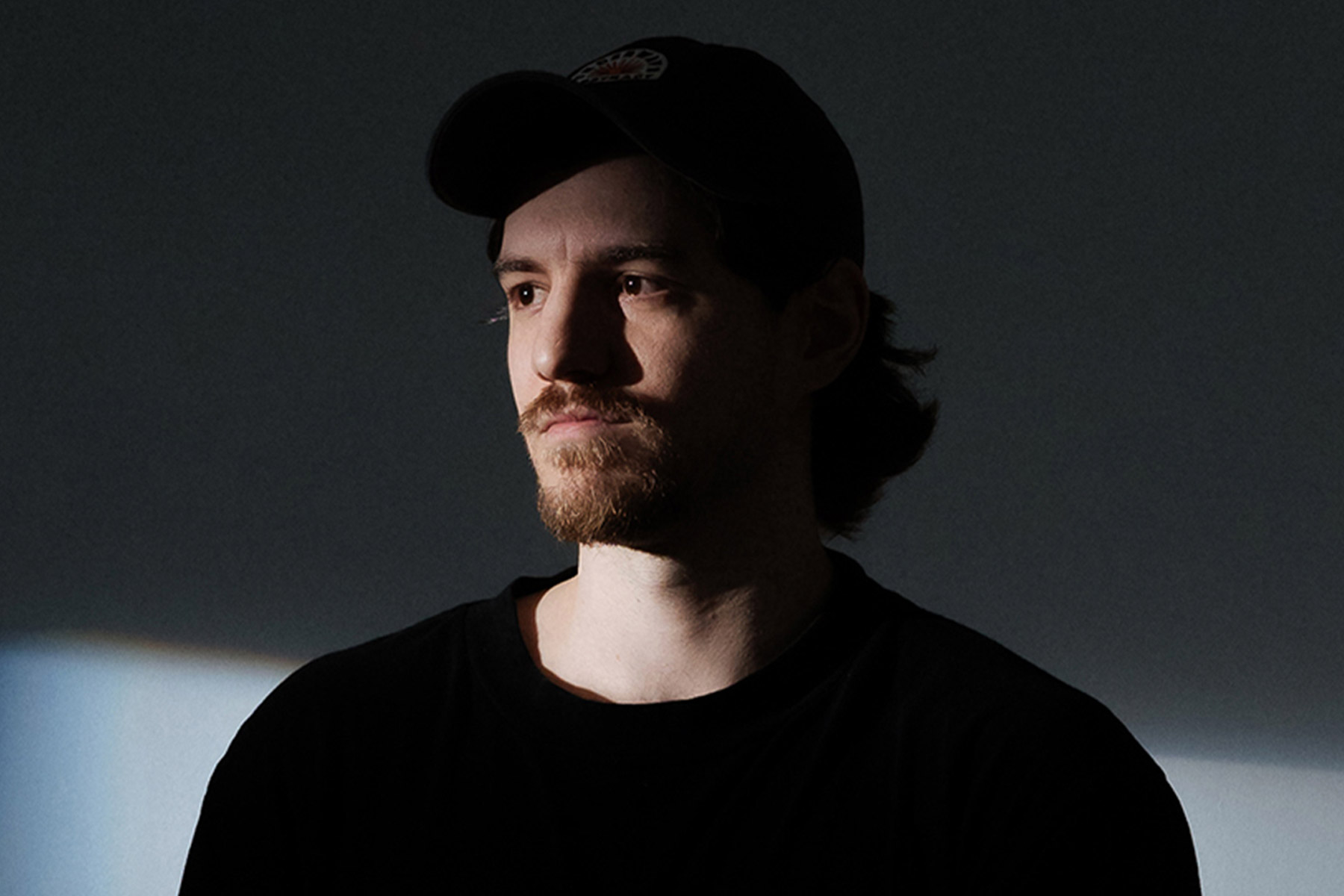As artificial intelligence continues to advance in leaps, it has now entered the realm of music creation. With the ability to analyze vast amounts of data and patterns, AI-generated music has become more sophisticated and convincing than ever before. However, the emergence of AI-generated music raises important questions about the role of human creativity, ethics, and the future of the music industry.
Photo by Alex Knight
Some argue that AI-generated music challenges the value of the human experience in music. If machines can produce music that is indistinguishable from that created by humans, where is the emotional depth and authenticity that comes from human expression? The idea that machines could replace human musicians has sparked fear and anxiety about the future of music as an art form. Some have even referred to it as a threat to the very nature of music. However, others see AI-generated music as a tool for enhancing human creativity. By using AI-generated music as a starting point, musicians can build upon those ideas to create unique works that blend human and machine-generated elements. But then again, “unique” might be a stretch, since whatever the AI might do comes from the input of pre-existing data. Nonetheless, the result could be a new era of musical innovation that is both technologically advanced and emotionally resonant.
Moreover, AI-generated music has the potential to democratize music creation and distribution. Historically marginalized communities may not have had access to the resources and opportunities to produce and share music, but AI-generated music could serve as a tool to break down those barriers and empower those communities to express themselves artistically. For example, an AI-generated music program that is easily accessible and user-friendly could allow anyone, regardless of musical training or resources, to create and share music with a global audience. This could create new opportunities for diversity and inclusion in the music industry, as previously underrepresented voices are given a platform to be heard.
However, it is true that there are also concerns about the potential for AI-generated music to perpetuate existing inequalities in the music industry. If AI-generated music is predominantly created and controlled by a small group of individuals or companies, it could lead to a concentration of power and wealth in the industry. The ownership and distribution of AI-generated music could become a new battleground for economic and cultural power. Therefore, it is crucial to ensure that AI-generated music is developed and used in a way that promotes diversity, equity, and inclusion.
Ultimately, the rise of AI-generated music presents both opportunities and challenges to human creativity and the music industry. It challenges us to reflect on the values, ethics, and purposes of art and culture in a world where ever-evolving technology is shaping the way we create, value, and consume. As we navigate this new landscape, it is essential to approach AI-generated music with an open mind and a critical eye and to ensure that it is developed and used in ways that benefit all members of society. The fusion of technology and art is a powerful force, but it is up to us to shape its direction and impact. The future of music depends on our ability to balance the benefits of innovation with the values of creativity, diversity, and inclusion.

